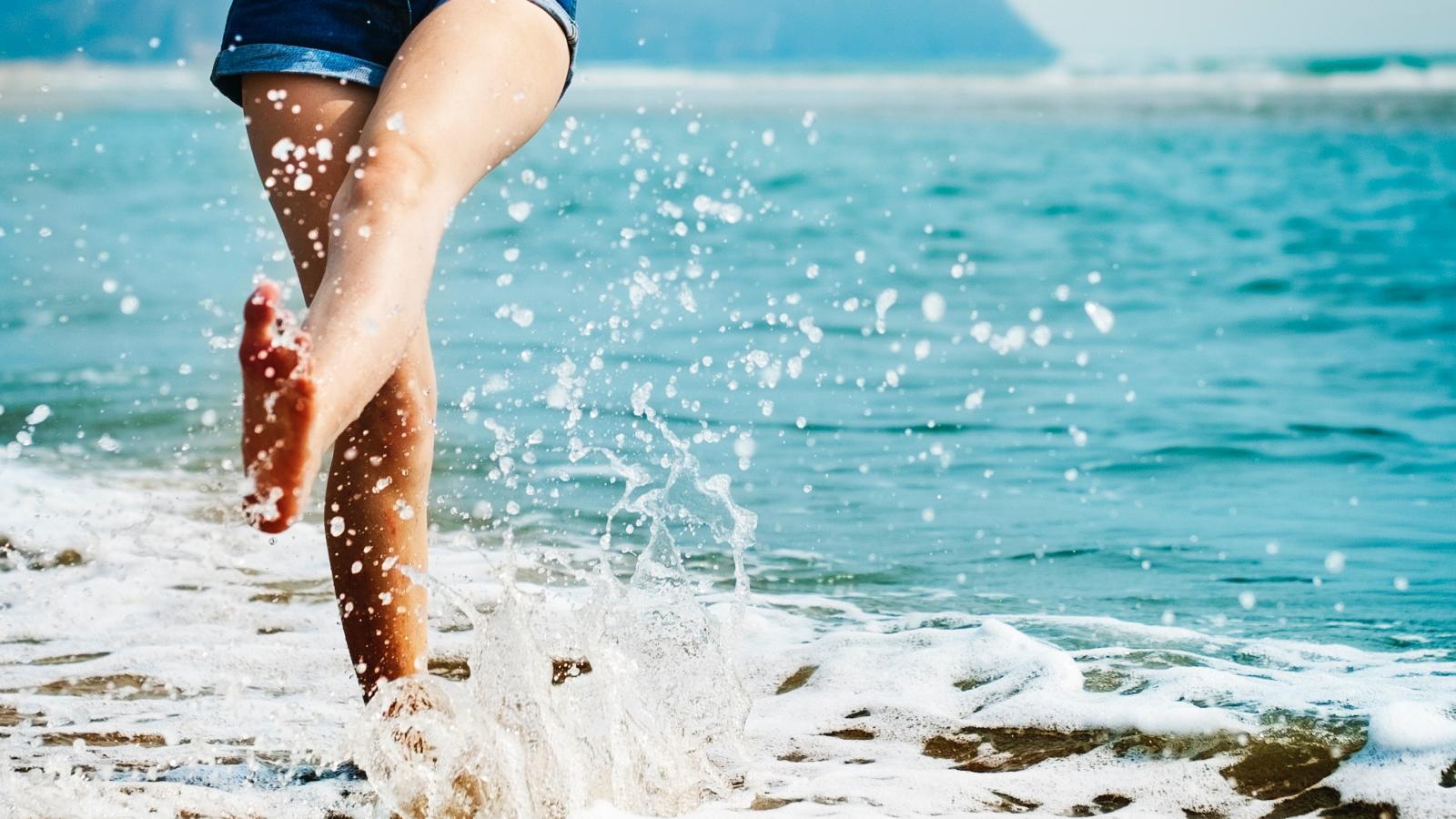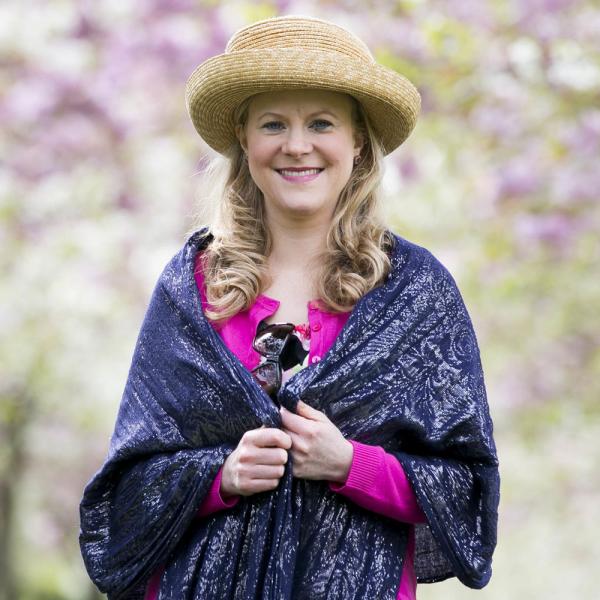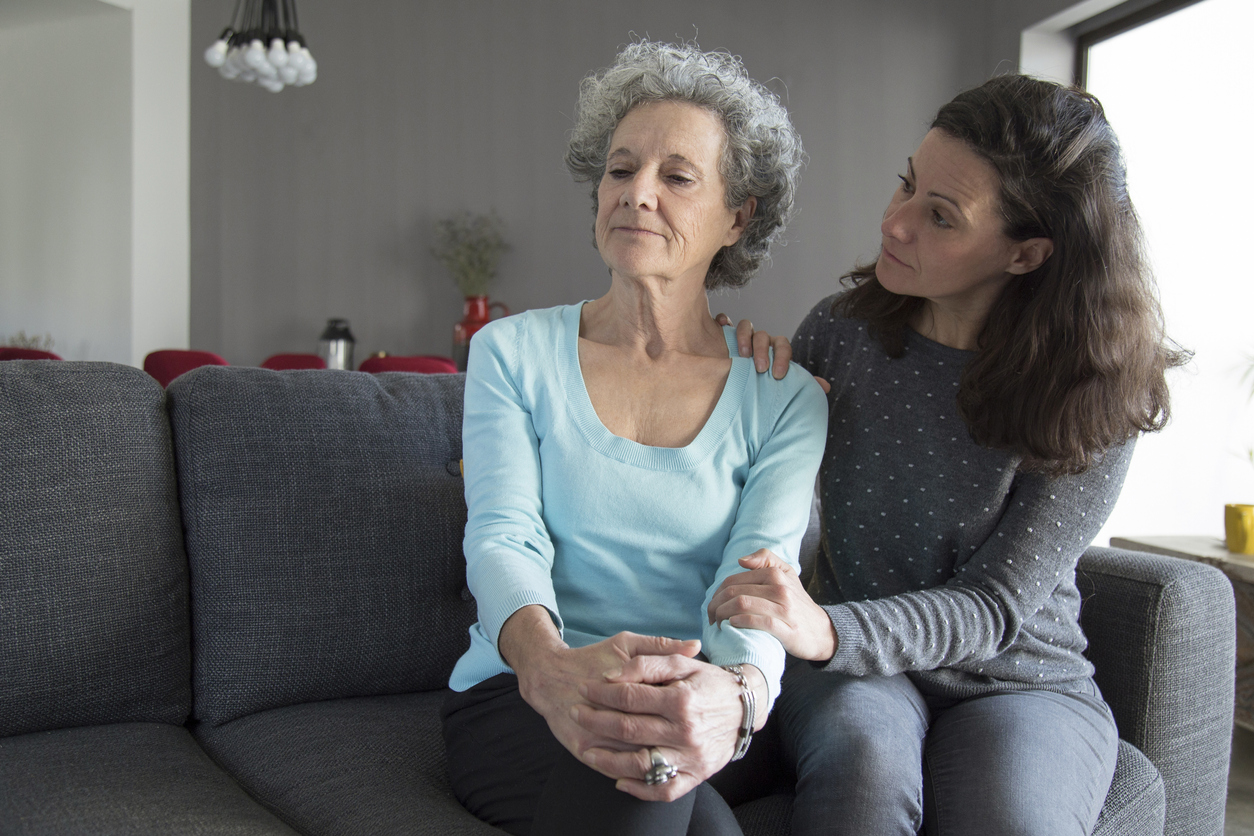Holidays and travel

Am I fit to travel?
It’s always best to talk to your consultant if you want to go away. For example, you may be advised not to fly if you are breathless, anaemic or have recently had surgery or high-dose chemotherapy.
It is helpful to have a letter from your doctor saying you’re fit to travel. Some insurance companies will ask for this.
Tips before you go away
- Get a doctor’s letter stating your diagnosis and any treatments you are receiving. Take a list of all the medications you need to carry and a contact number for your doctor and nurse.
- Bring enough medication for the entire holiday and extra ones in case your return is delayed. Also bring supplies of painkillers, anti-sickness or diarrhoea tablets, and antibiotics.
- Get advice from your doctor about what you should do if you become unwell while you’re away and find out where the nearest hospital is.
- Check with your doctor if you need medication to prevent blood clots in your legs if you’re taking a long-haul flight. They may advise you to wear special stockings too. On the plane, walk up and down the aisle, or do regular leg exercises while sitting.
Vaccinations
Talk to your doctor about vaccinations before booking your holiday. For some countries you may need vaccinations, but some can be harmful if you are receiving certain treatments, such as a specific cancer drug.
Vaccines that you may need to avoid include live vaccines for polio, chickenpox, rubella (German measles), MMR (measles, mumps and rubella), BCG (tuberculosis), yellow fever and typhoid.
Read more about vaccinations.
Ask your doctor which vaccines are safe for you.

Protecting your skin
Some cancer treatments can irritate your skin or make it more sensitive to sunlight. If this applies to you, ask your consultant what precautions you should take.
You may need to use a very high factor sunscreen (SPF 50) or avoid the sun altogether. In general you should protect your skin with a sunscreen of at least SPF 30, a wide-brimmed hat and long-sleeved cotton clothing.
Eating and drinking
Drink plenty of water if you’re somewhere hot to avoid dehydration. It is best to use bottled or boiled water when abroad and avoid ice cubes in drinks.
Your immune system might be low because of the cancer or its treatment so you need to take extra care to avoid bacteria that might make you sick:
- Avoid street food and drink
- Avoid shellfish and rare meats
- Avoid uncooked food
Pools, lakes and seawater can contain bacteria so try to avoid swallowing water if you’re swimming.
Hints and tips on getting help abroad
Here are some tips to help you if something goes wrong while you are away:
- Make sure that that you bring your travel insurance documents and the insurance company helpline number with you on your travels. They will be most useful in the event that your travel plans go wrong or that you become ill.
- If you become unwell or injured while away you should seek medical care and contact your travel insurance company immediately.
- Remember to take your European Health Insurance Card (EIHC) with you to the medical provider if you are in a European country that accepts it.
- Make contact with your holiday travel representative if you are on a package holiday and inform them of the situation. They may be able to offer you further advice.
Travel insurance
Travel insurance covers you financially for anything that may go wrong while you are away. This includes medical expenses if you need medical care when you are away or if you need to be flown home because you are ill.
It can be more difficult for people who have cancer or have had cancer to get travel insurance to cover these costs. Or it may cost so much that it makes it difficult or impossible for you to take the holiday you want.
For more information
Phone
1800 200 700



